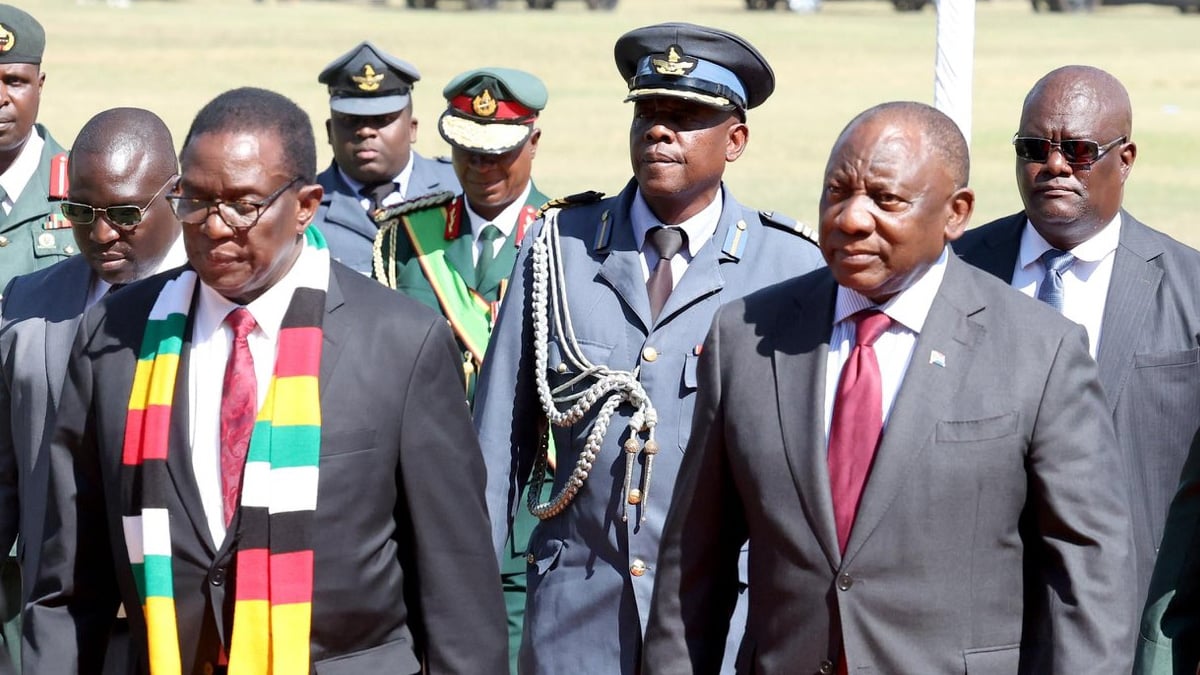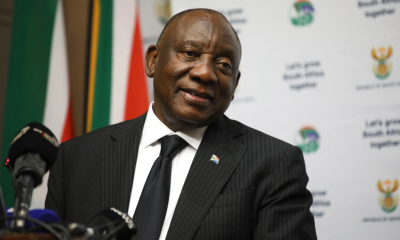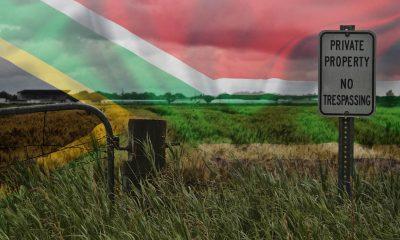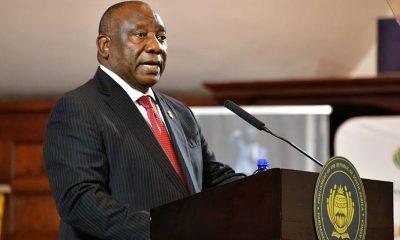Business
Ramaphosa Praises Zimbabwe’s Land Reform: Why History Warns Against Repeating It

A controversial moment in Harare
When President Cyril Ramaphosa took the stage at the Zimbabwe Agricultural Show on 29 August 2025, his words immediately stirred debate back home. In front of regional leaders and farmers, he congratulated Zimbabwe for its land reform, calling it a bold step towards dismantling colonial land ownership patterns and opening agriculture to the Black majority.
He reminded his audience that when Zimbabwe became independent in 1980, most commercial farmland was still owned by white citizens, while the Black majority was confined to communal areas. For him, the land reform project was about justice, food security, and economic growth. He drew a clear parallel to South Africa, where land inequality remains one of the most sensitive issues in national politics.
Critics fire back
The praise did not sit well with everyone. Opposition voices in South Africa accused Ramaphosa of glossing over Zimbabwe’s painful history. The Democratic Alliance said he was trying to rewrite the failures of the 2000s to fit the ANC’s own land expropriation agenda.
Civil society leaders also raised concerns. The FW de Klerk Foundation warned that Ramaphosa’s comments ignored the real damage done to Zimbabweans. They argued that praising policies that caused food shortages, economic collapse, and mass migration was dangerous. Instead, they urged the government to look inward: to release idle state-owned land, equip emerging farmers with resources, and focus on productivity.
Their message was blunt. Land reform without support systems drives people deeper into poverty. But reform done with integrity, training, and investment can restore dignity and create lasting change.
The Zimbabwe story: from breadbasket to broken economy
For the first two decades after independence, Zimbabwe managed land redistribution within the framework of the Lancaster House Agreement. Farms were transferred legally, and the agricultural sector remained strong. The country continued to be known as Africa’s breadbasket, feeding both its own people and neighbours.
Everything changed in 2000. The Mugabe government launched land seizures without compensation, marked by violence and intimidation. Many farmers fled, banks collapsed under the weight of liquidated loans, and production plummeted. The knock-on effects were devastating:
-
Hyperinflation spiralled out of control, peaking in 2008 at an almost unimaginable 89.7 sextillion percent.
-
The Zimbabwean dollar became worthless, forcing citizens to trade in US dollars or South African rand.
-
Food shortages became widespread, with famine affecting communities that had once relied on steady harvests.
-
Unemployment hit 94%, and millions of Zimbabweans crossed into South Africa in search of survival.
By 2009, Zimbabwe’s economy had effectively collapsed. Electricity became a luxury, schools and hospitals deteriorated, and the country never fully recovered.
Why South Africa is paying attention
Ramaphosa’s praise comes at a time when South Africa’s own land debate is intensifying. The Expropriation Act of 2025 has sparked heated discussions about how land should be redistributed and what role compensation should play. For many, Zimbabwe’s story serves as a warning of what happens when reform is pursued without planning, support, or accountability.
Land ownership remains one of the most unequal aspects of South African life. While there is broad agreement that reform is necessary, the question is how to achieve it without repeating Zimbabwe’s mistakes. Farmers, economists, and civil society leaders argue that solutions must prioritise food security, training for new farmers, and investment in infrastructure.
Lessons for the future
Zimbabwe’s history is a reminder that land reform is not only about justice but also about sustainability. It cannot succeed on slogans or solidarity alone. Ramaphosa’s remarks may have been meant to honour a neighbour, but they have reignited a national conversation about how South Africa can pursue change without destroying what works.
The lesson is clear. Redistribution without productivity leads to collapse. Reform supported by planning, skills, and resources has the power to heal. South Africa has a chance to learn from history, and whether it does may shape the nation’s future for generations.
Also read: Creecy Opens Durban Fuel Hub to Black-Owned Players in Push for Energy Security
Follow Joburg ETC on Facebook, Twitter, TikT
For more News in Johannesburg, visit joburgetc.com
Source: Business Tech
Featured Image: Facebook/Break The Silence About South Africa





















